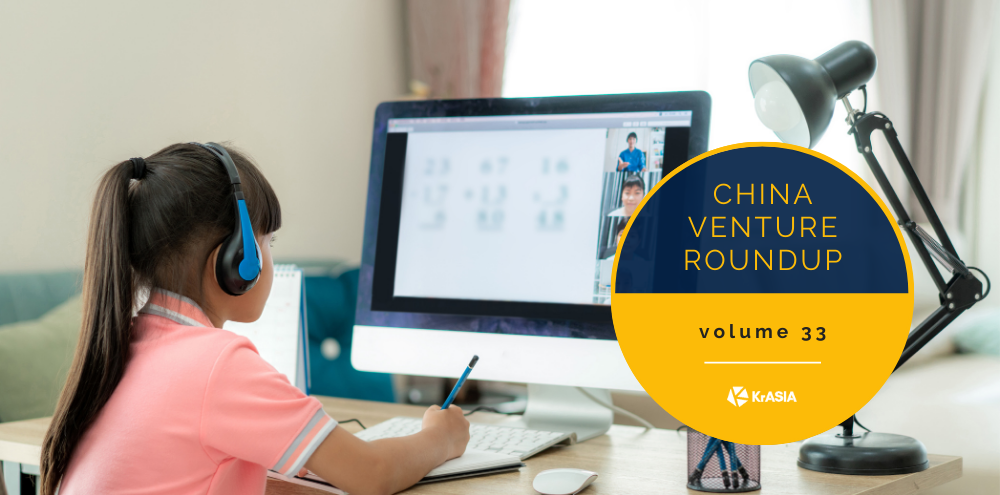Understand what moves China tech with us — we roundup what you need to know about the local venture scene every Thursday morning 8am (GMT +8). The big investment stories, MNC partnerships, noteworthy startups, most invested industries of the week and more.
This is only a preview of what you’ll get in your inbox — Get the full picture by subscribing to China Venture Roundup.
MNCs in China
Unilever
The Vegetarian Butcher, a plant-based meat brand under Unilever, released six products in China. Despite its massive business potential, plant-based food hasn’t displaced real meat in the dietary habits of Chinese residents. Part of the reasons for this is that the plant-based alternatives have chiefly emerged in the United States and European countries, and have been applied in western staples as burgers, meatballs, and sausages—most of which have failed to find their ways into Chinese kitchens.
The Vegetarian Butcher’s initiatives mark Unilever’s latest effort to confront these challenges.
Going Public: IPOs
Zuoyebang
Zuoyebang, a Chinese online tutoring platform, is considering a US initial public offering that could raise at least USD 500 million. The company is collaborating with advisers on the potential offering which could take place as early as the second half of this year. Jin Bing, CFO of the Nasdaq-listed Joyy, has resigned and will jump on board as Zuoyebang’s new CFO in May, according to 36Kr. This points to the company’s interest in a debut on the US capital markets.
KrASIA News Picks
Is Nice Tuan about to replace Chinese Supermarkets?
China’s cities are ideal for group-buying to replace traditional shopping. There are dense residential neighborhoods, a general appreciation for fresh food, and a population that is accustomed to making purchases through smartphones. Upstarts, as well as the country’s e-commerce pioneers and popular tech companies, have launched their own group-buying platforms
In the battle of the platforms, one company is sitting pretty. On March 11, Nice Tuan scored USD 750 million in its Series D round led by Alibaba Group and DST Global—a rapid escalation through eight funding rounds after its founding in Beijing in 2018.
